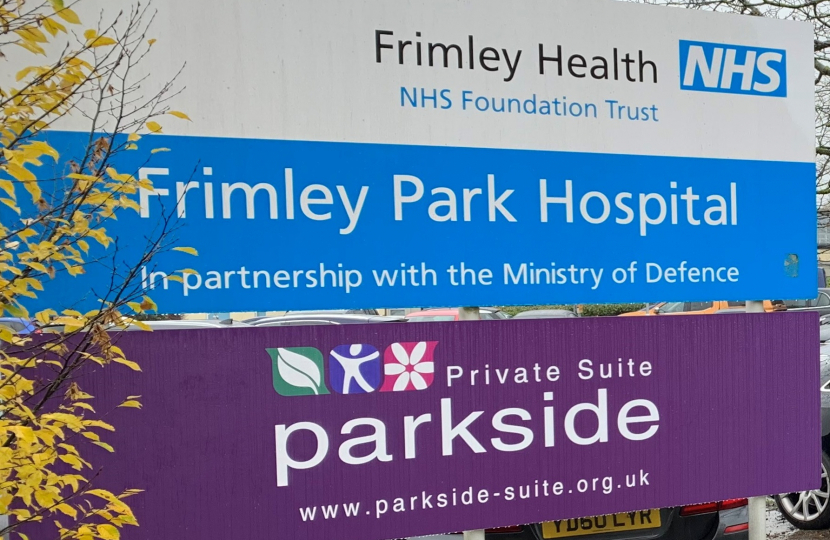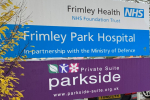
Frimley Park Hospital and RAAC has recently been alleged by a few people to be a new crisis. That is of course not the true situation! The reality is that it has been the subject of careful management by NHS Frimley Park's management for just over a decade to make sure that it doesn't become a crisis.
Major hospitals are not schools and the situation on Reinforced Autoclaved Aerated Concrete (RAAC) is therefore very different. The issue of RAAC was first discovered at Frimley Park Hospital in 2012 when support works commenced, and that work has increased in activity since the NHS mandate issued in 2019 / 20. NHS Frimley Health are now working on the rebuilding plans and will continue to closely monitor the RAAC constructed areas while they remain in use.
The reinforced autoclaved aerated concrete (RAAC) was a common building material when the hospital was built nearly 50 years ago but it is now recognised as having serious limitations. The issues and risks with RAAC planks are widely recognised across the NHS, and formal funding allocations have been issued to affected Trusts since April 2021, that includes a £1.26billion plan to build an entirely new Frimley Park.
At NHS Frimley, risk mitigation actions began to be taken over a decade ago including:
- Planning for the replacement of the old Heatherwood Hospital with a completely new state of the art facility for Pre-Op work and Elective Surgery,
- Setting up the Bracknell Urgent Treatment Centre to reduce the workload on the busy A&E department,
- Urology outpatient work moved to Fleet,
- Replacing the old Military Hospital at Aldershot with a modern facility,
- Building the new Farnham Hospital.
- Executing preventive roof work at Frimley Park, moves of office space to temporary buildings to create room, and planning for the new Diagnostic Centre on the FPH site.
- It is also worth remembering that only some 65% of the site is affected.
So, the reality is that at Frimley Park Hospital the situation is well under control and has been all the way through.... There is no sudden discovery of a crisis as alleged by some politicians who are out to invent a crisis. Instead, there has been good consistent professional management throughout a demanding situation, and that management should be applauded.
Across England our NHS has been surveying sites and undertaking RAAC mitigation work since 2019 and is continuing to conduct a wider range of invasive surveys than many other sectors. Given that school and hospital estates are quite different, the approach to managing them differs. The hospital estate is concentrated in large buildings with teams of trained estates professionals who monitor and maintain them. Where mitigation work is required, patients can be relocated to different wards if necessary while unnecessarily closing hospitals could cause serious harm to patients. Instead, keeping capacity open but being scrupulous about RAAC monitoring and mitigation until the RAAC can be removed is fully in line with the current evidence and recommendations of the Institute of Structural Engineers.
- Cllr Trefor Hogg, Surrey County Councillor for Camberley East





